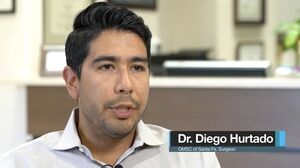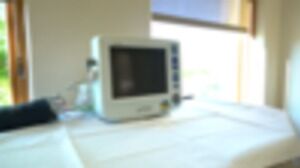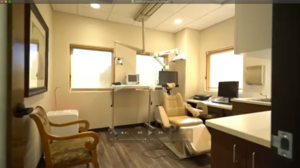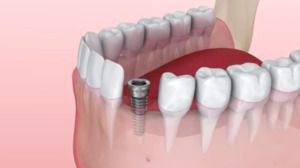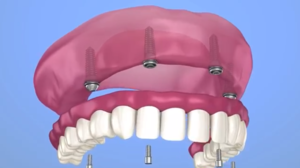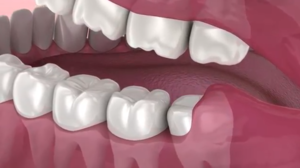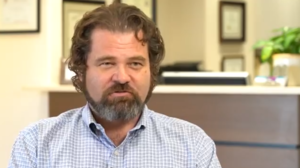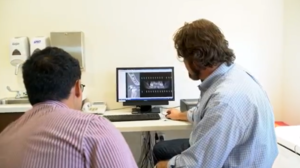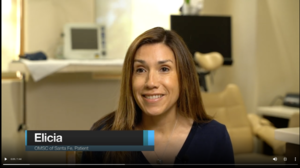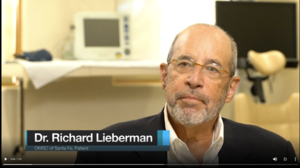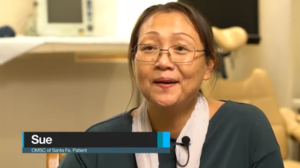Description
At Oral Surgery and Dental Implant Center of Santa Fe, we offer several types of sedation dentistry including intravenous (IV) sedation. Sedation can help you achieve a calm, sleep-like state so that you can relax during complex or lengthy procedures. Dr. Sean Healy and Dr. Diego Hurtado will help you choose an appropriate level of sedation based on your concerns and symptoms.
View transcript
Sedation, general anesthesia are kind of grades of one another. Sedation typically means that we're just giving medication, usually a single type of medication in a lower dose, just to relax you. It could be something like take a Valium before the procedure, or drink a little bit of Versed before a procedure, or Halcion before a procedure, and it just knocks the edge off. I always tell people it's like going to happy hour, having a margarita. You don't care as much, and you don't really worry about the procedure as much. General anesthesia, typically, in our realm, involves a deep sedation where we use multiple medications, get you sleepier. Typically, in our office, you're not going to have a breathing tube, you're not paralyzed, but basically, you're just very, very sleepy. Regardless, we still use numbing medicine because we need to make sure that it's comfortable during the procedure.
I'd say, in our office, the most common method of sedation's IV sedation, like a deep sedation. Typically, we'll use medications like Versed, which is a quicker version of Valium. It makes you sleepy, makes you forgetful, makes you pretty relaxed and comfortable. A lot of patients, we use Zofran, which is a nausea medicine. We'll also use an anti-inflammatory steroid to reduce inflammation so there's less pain and swelling afterwards. Sometimes we'll use a little bit of Ketamine, which is a stronger sleepy medication, or a Propofol, which is a stronger sleepy medication, just to make people a little bit more comfortable if we need to, especially when we start the procedure where we numb them up because, you know, you can still feel the numbing medicine even if you're sleepy.
Two main benefits I see in sedation. One, just patients that are extremely nervous. Some people have had bad experiences with a dentist, especially growing up, and sometimes sedation's the best way to do this. Also, patients that have a tooth that's really, really bad, that's very, very uncomfortable, sometimes it's very hard to numb them up, and sometimes the numbing medicine doesn't work well enough. And the best thing to do at that point is stop and do a sedation, where they fall asleep, the tooth or the problem goes away, and they wake up, it's over with. That way, it's as comfortable as possible.



